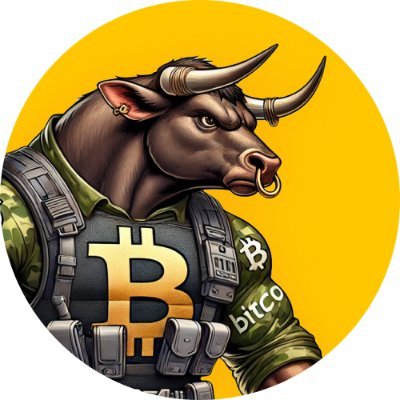Promoção
Publicar ICO
Moedas
Calendar
Eventos de criptografia
Notícia
DeFi
NFT
WEB3
Games
Tendências
-
PT
English Русский Deutsch Español French Italian Portugues Indonesian Turkish Dutch العَرَبِيَّة বাংলা 中文(简体) 한국 हिन्दी 日本語
- Assinar em















